Mihai Tirnoveanu, leader of the radical Romanian group Calea Neamului (Path of the Nation), notorious for causing repeated scandals at the Uz Valley military cemetery, has extended an invitation to his followers to gather in Sfântu Gheorghe, as reported by the Maszol news portal.
Tirnoveanu is rallying patriotic Romanians from across the country to convene in the Szekler town on December 1, Romania's national holiday.
The incitement is palpable
The Path of the Nation is mobilizing all its forces to raise the Romanian tricolor in the heart of the country!
– reads Tirnoveanu's appeal. He emphasizes that the association was "born out of the struggles for Covasna and Harghita. Here, in the heart of the country and for the heart of the country, we have fought our first battles since 2014," writes the nationalist leader, who claims to be motivated not by hatred but by Romanian brotherhood and brotherly love. He asserts that he has garnered support from all corners of the country, because the "heart of the country" cannot be "defeated alone," Mr Tirnoveanu writes, referring to his call for a gathering in Sfântu Gheorghe.
According to Mr Tirnoveanu, anything representing a "Hungarian structure" in Covasna or Harghita county is "seditious."
"No, we are not the "outsiders." They are the ones coming from outside the Romanian sphere, serving a policy of territorial autonomy directly coordinated by the Budapest government, according to ethnic criteria", the Path of the Nation chief explains.
The authorities are doing nothing
This is not the first time that such an event has been organized, recalls The Imre Miko Minority Rights Legal Services. In the past years, provocative anti-Hungarian rallies and events have been organized on numerous occasions, and the venues chosen "are places where peaceful Hungarian communities live. Here, they provoke and humiliate them with aggressive, anti-Hungarian manifestations and slogans. Unfortunately, the authorities are not taking any steps to curb these incidents."
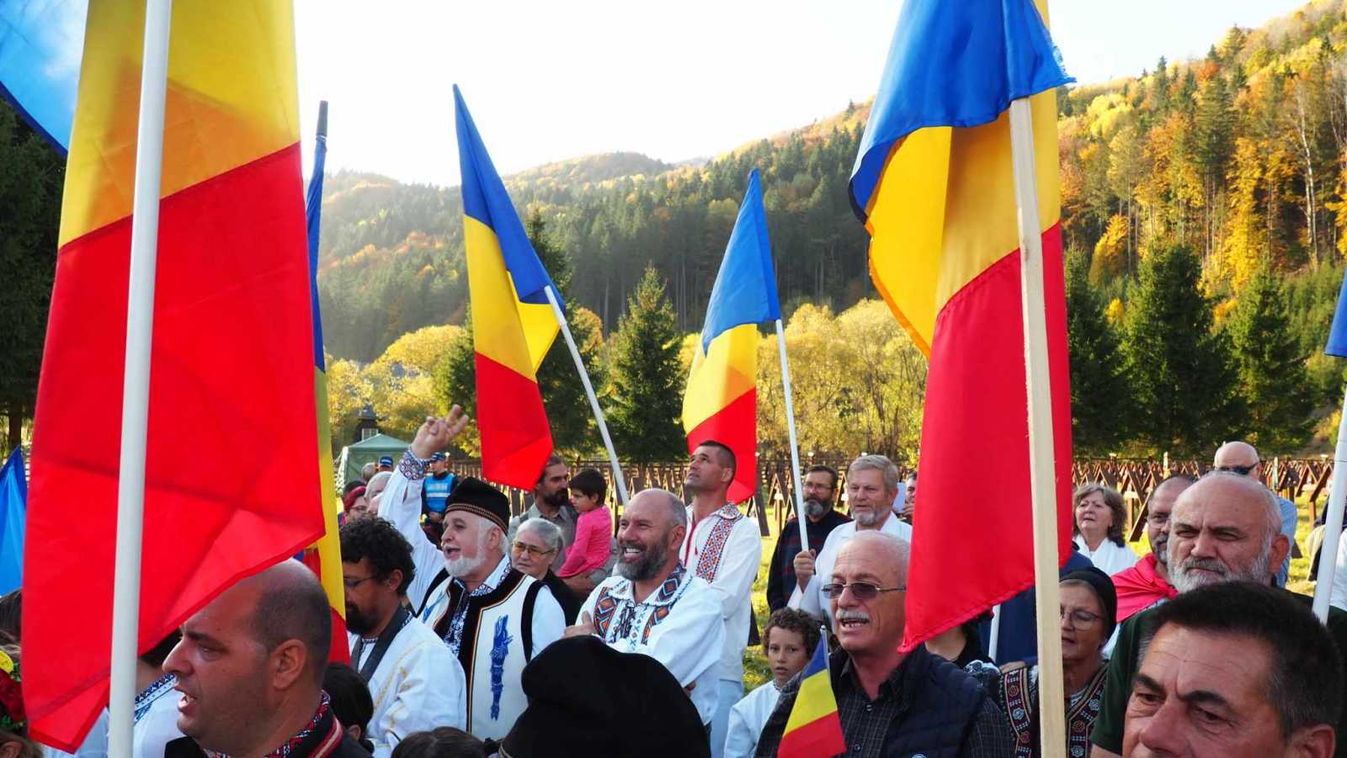
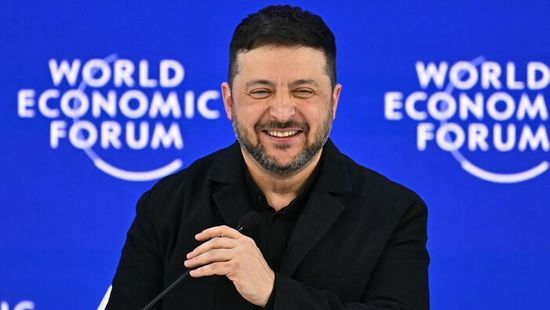
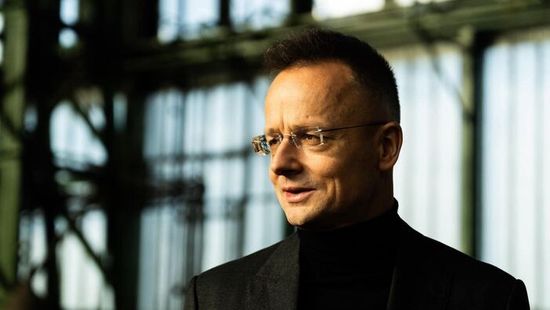
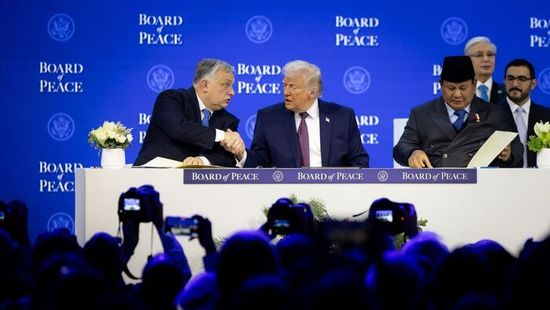
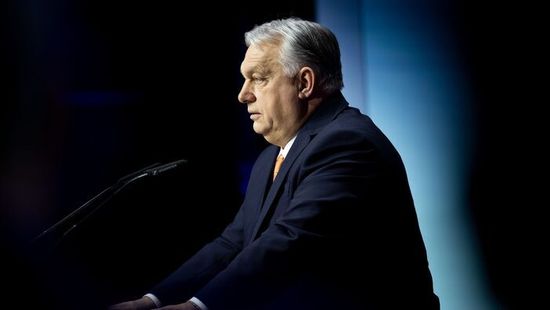

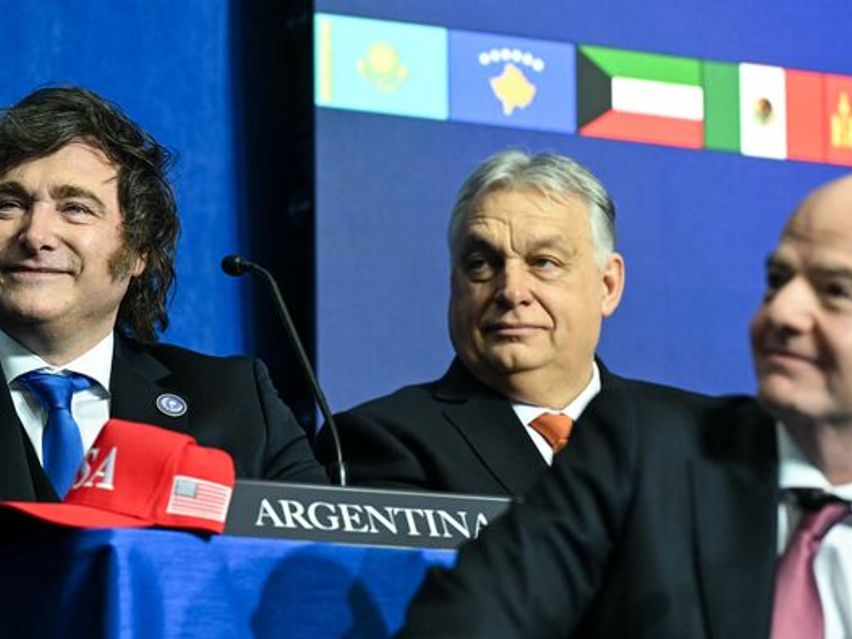
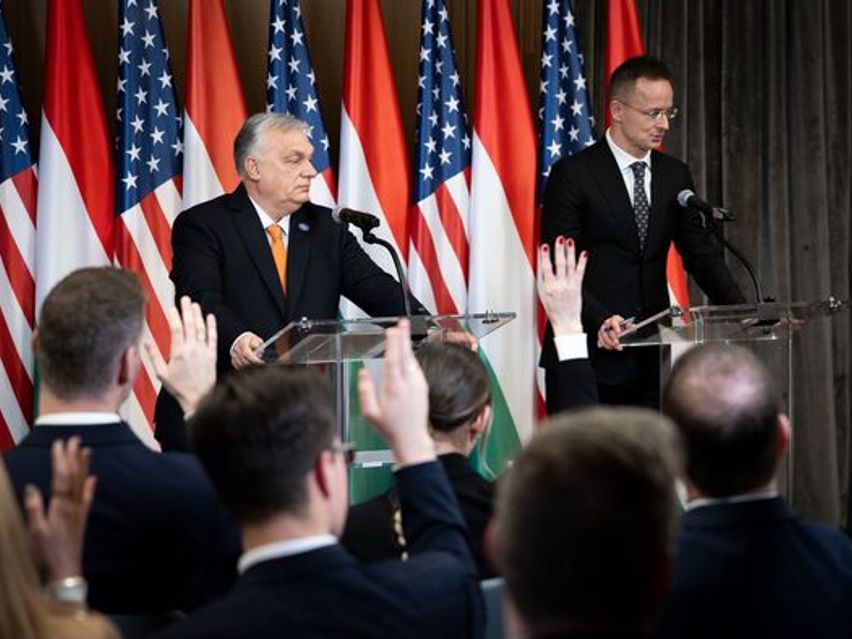
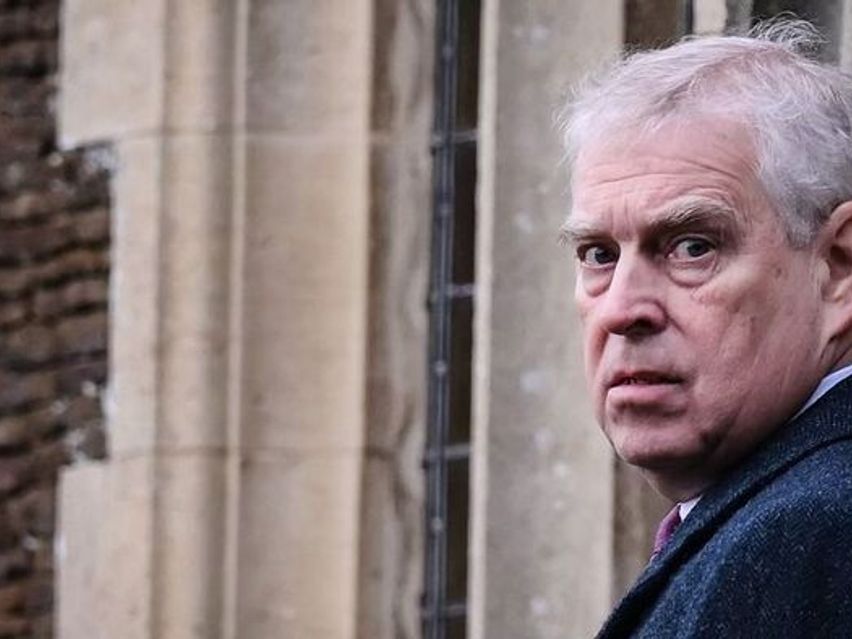
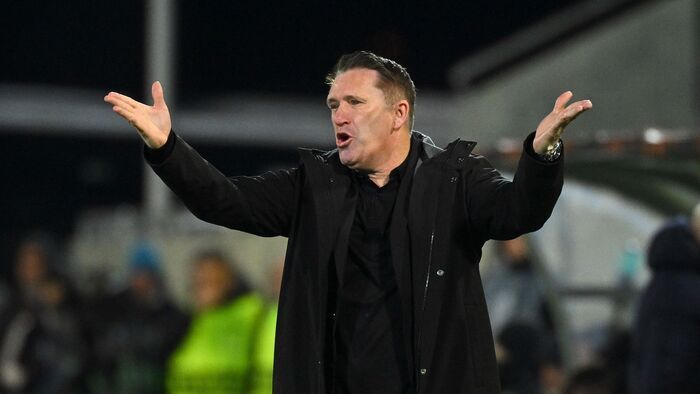

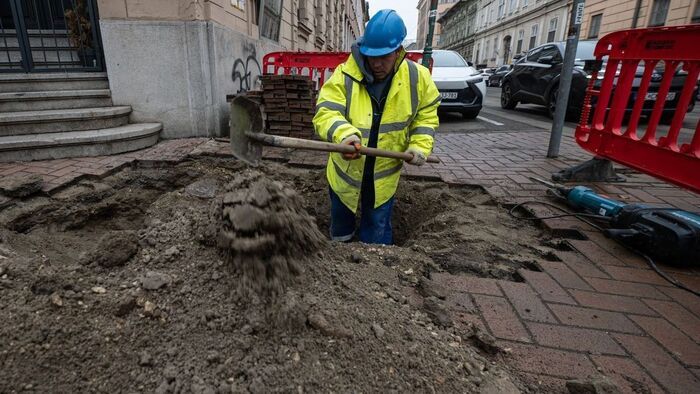
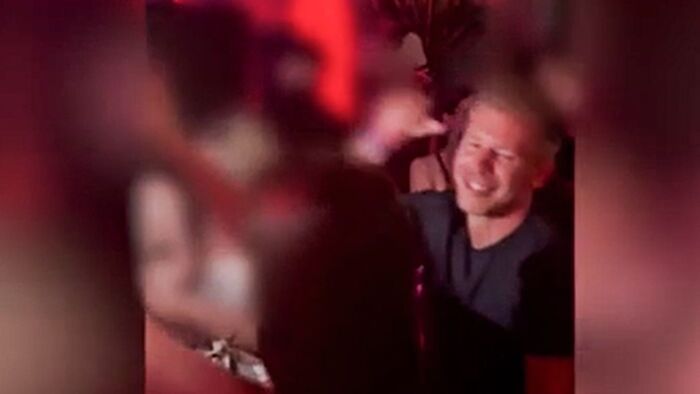
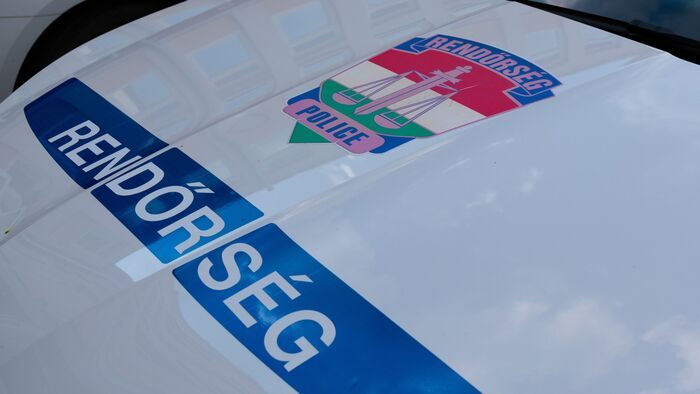
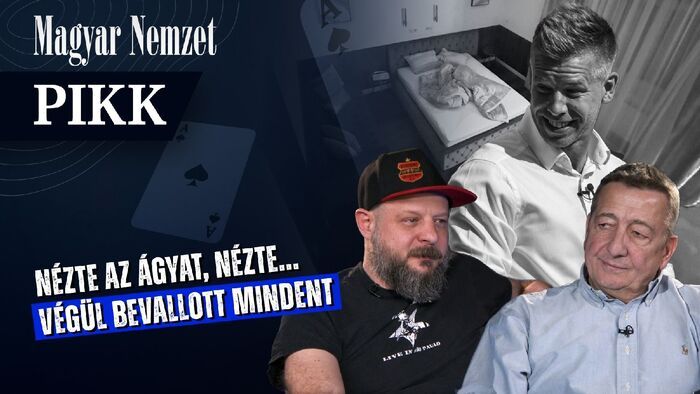
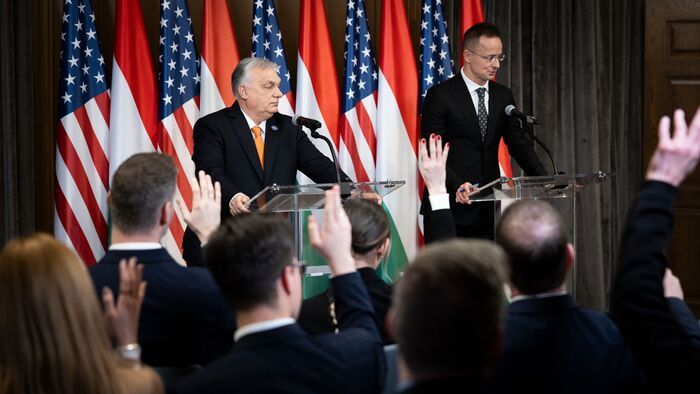
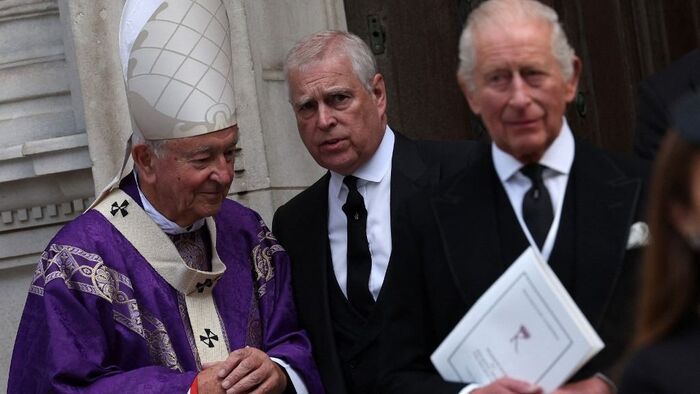
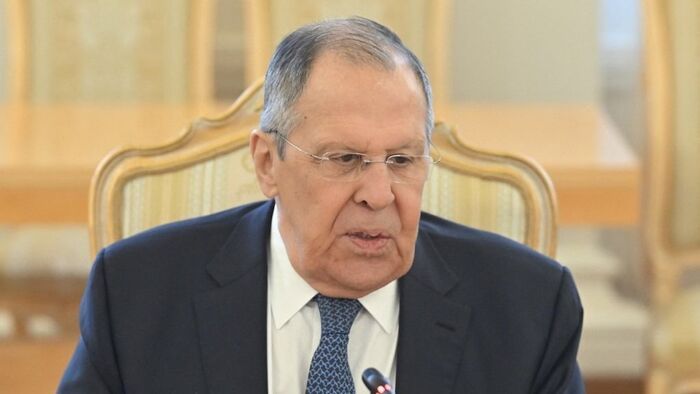

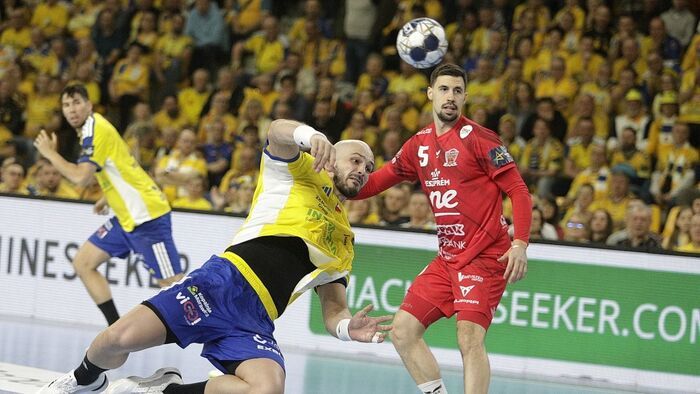
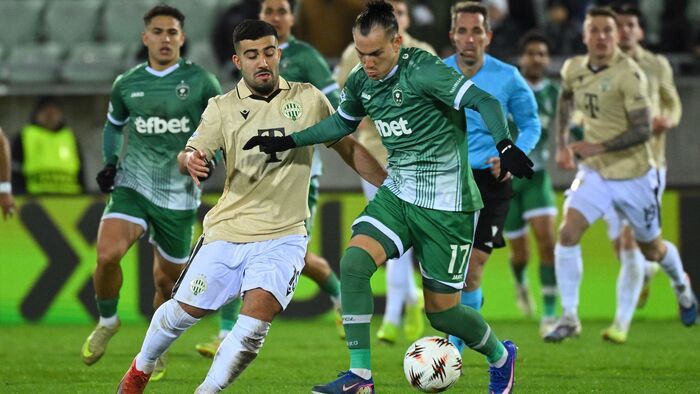
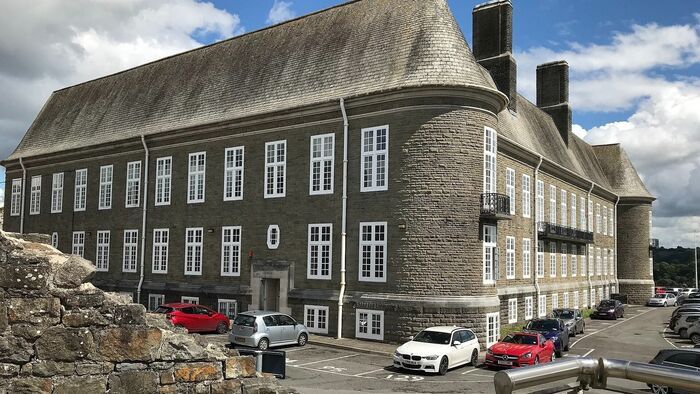

Szóljon hozzá!
Jelenleg csak a hozzászólások egy kis részét látja. Hozzászóláshoz és a további kommentek megtekintéséhez lépjen be, vagy regisztráljon!